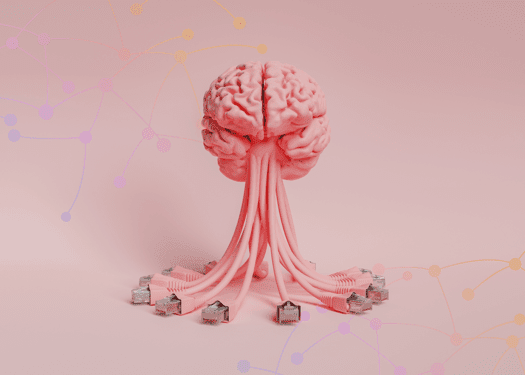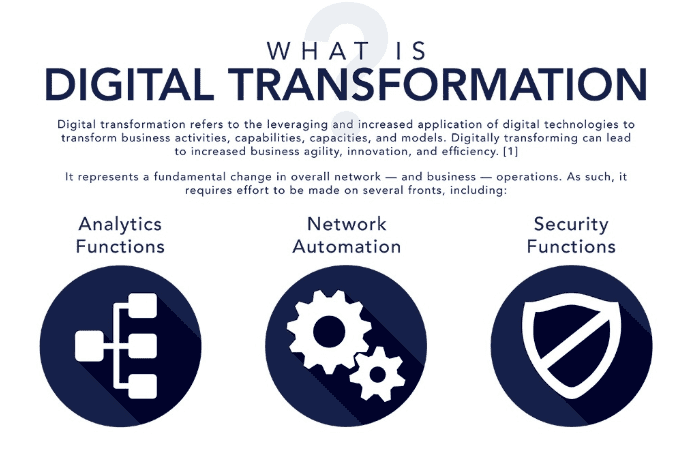Artificial intelligence (AI) has become a valuable tool for information technology (IT) leaders in recent years. With the ability to analyze large volumes of data quickly and accurately, AI can help IT leaders make better decisions, improve operations, and drive innovation. However, some leaders warn that AI poses great potential for harm.
Some notable names in the IT landscape worry that AI systems carry a high risk of being misused to spread disinformation and that people will come to rely on AI for emotional and medical advice instead of real professionals. These fears stem from AI’s great potential to coax behavior from the masses.
Several notable leaders have signed a letter released by the nonprofit organization Future of Life Institute that criticizes the “out-of-control race” to develop even more advanced AI systems. Among the recognizable signatories are Elon Musk, chief executive of Tesla and Twitter, Steve Wozniak, co-founder of Apple, Andrew Yang, entrepreneur, and Rachel Bronson, president of the Bulletin of Atomic Scientists, which sets the Doomsday Clock.
Artificial Intelligence and its Adoption
Nevertheless, a recent study by PwC found that 52% of companies accelerated their AI adoption plans in the last year. In addition, 86% of companies believe that AI will become a mainstream technology at their company in the imminent future.
The largest group of AI leaders in the survey (36%) demonstrated great success when advancing with AI in three areas at once: business transformation, enhanced decision-making, and modernized systems and processes. Research shows that this largest group is almost twice as likely to report substantial value from their active AI initiatives as those who only use AI on a limited basis.
“This holistic approach supports a critical ingredient of AI success: investing in and managing data, AI and cloud as a unified whole. AI can deliver more value at scale when it’s embedded in application systems that work nonstop, analyzing and acting on data from inside and outside the organization. These systems, in turn, need cloud-based computing power that can scale up and down to help meet demands.”
How can adopting AI assist your IT leaders and organization?
How Can AI Assist IT Leaders?
Businesses that adopt AI across many areas of their operations are realizing significant benefits. IT leaders are better equipped and supported in a large realm of areas. Below are just a few highlights.
Improved Decision Making
One of the primary ways AI is being used by IT leaders is to improve decision-making. By analyzing data from various sources, AI algorithms can identify patterns and trends that would be difficult for humans to detect. This information can then be used to make informed decisions about everything from product development to resource allocation.
According to a survey by Narrative Science, 61% of enterprises are using AI to identify opportunities in data that would otherwise be missed. Another study by IDC predicts that by 2025, at least 90% of new enterprise apps will embed artificial intelligence.
Streamlined Operations
AI is also being used to streamline operations in various industries. For example, in healthcare, AI is being used to analyze patient data to identify potential health risks and develop more personalized treatment plans. In finance, AI algorithms are being used to identify potentially fraudulent transactions and reduce the risk of financial crimes.
According to a study by Capgemini, 83% of organizations that have implemented AI have already achieved substantial benefits, such as cost reductions and increased efficiency. Another study by Gartner predicts that by 2023, 40% of I&O teams will use AI-augmented automation in large enterprises, resulting in higher IT productivity with greater agility and scalability. Further, they predict that by 2023, cloud-based AI will increase 5X from 2019, making AI one of the top cloud services.
Innovation and Competitive Advantage
AI can also be used by IT leaders to drive innovation and gain a competitive advantage in their respective industries. By leveraging AI to analyze data and identify emerging trends, companies can develop new products and services that meet the evolving needs of their customers.
According to a survey by MIT Sloan Management Review, 85% of executives believe AI will give their companies a competitive advantage. Another study by McKinsey predicts that AI could deliver $13 trillion in global economic activity by 2030.
AI and Growing Bandwidth Needs
As AI becomes an essential tool for IT leaders, enabling them to make better decisions, streamline operations, and drive innovation, businesses will need to meet growing needs for bandwidth and fast network scalability. The sources cited above demonstrate the adoption of AI is widespread, benefitting various industries. Companies need to partner with a reliable Internet and Networking Provider that offers superior quality services and options.
MHO Fixed Wireless Internet and Networking solutions are as fast and reliable as fiber, often faster and more reliable, and can be installed much faster — in as little as 10 business days. MHO’s fast, FCC-licensed, dedicated point-to-point fixed wireless technology keeps your network up and running 99.99% guaranteed, and requests to scale your bandwidth are handled in minutes.
Contact MHO today to check for availability in your area.
{{cta(‘1b7ff105-cbb6-486e-888d-bb72f7746c39′,’justifycenter’)}}




![[Infographic] Fixed Wireless: What You Need To Know](https://blog.mho.com/wp-content/uploads/2017/06/Screenshot-2025-06-24-141710.png)

![[Infographic]: What Downtime Really Costs You](https://blog.mho.com/wp-content/uploads/2017/08/Screenshot-2025-06-24-141621.png)